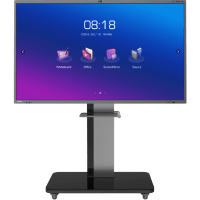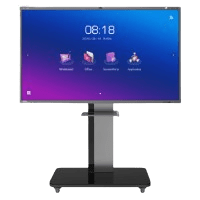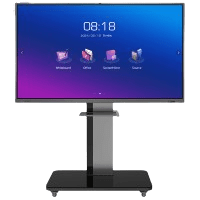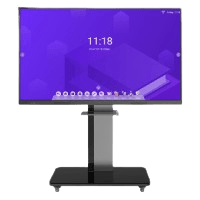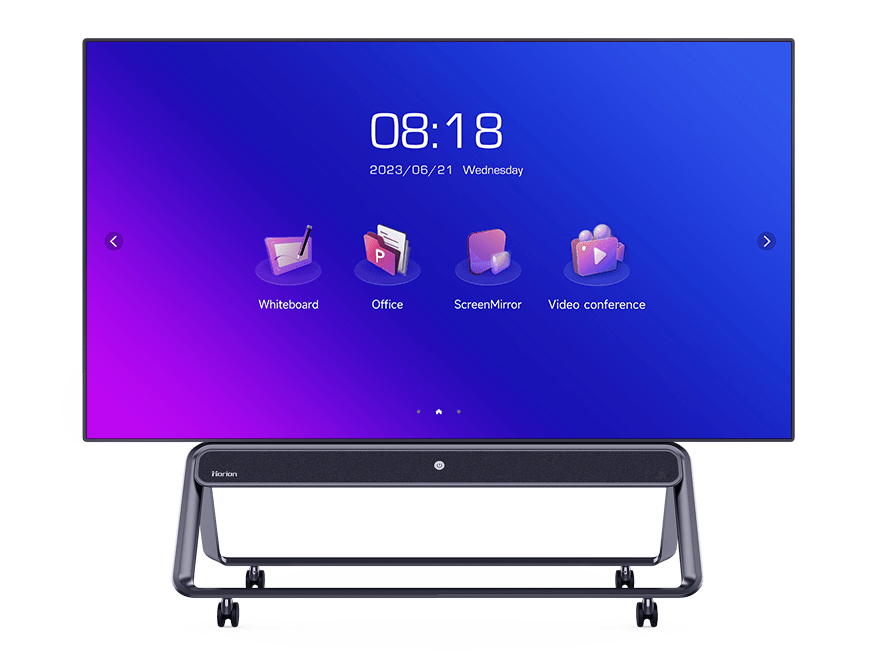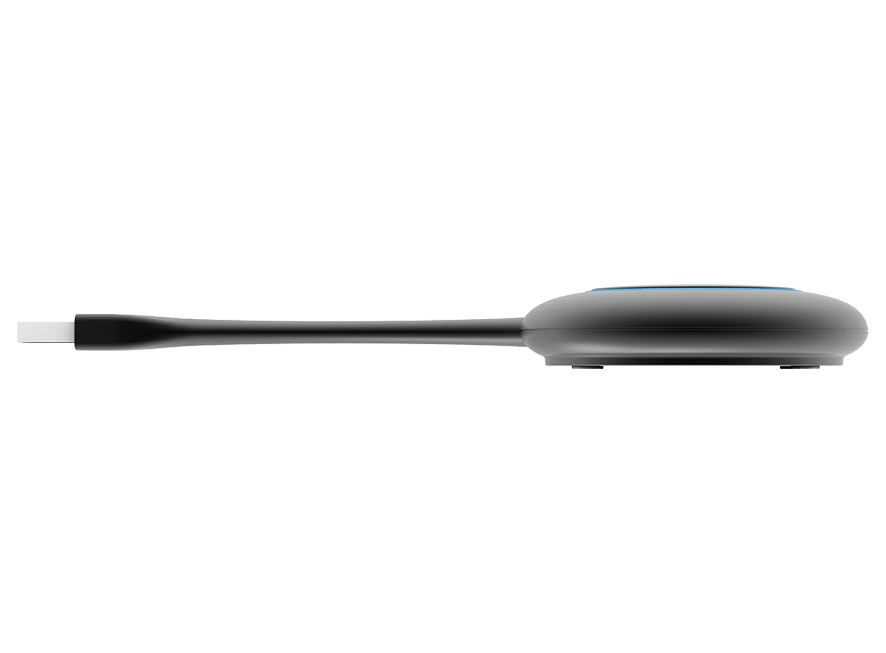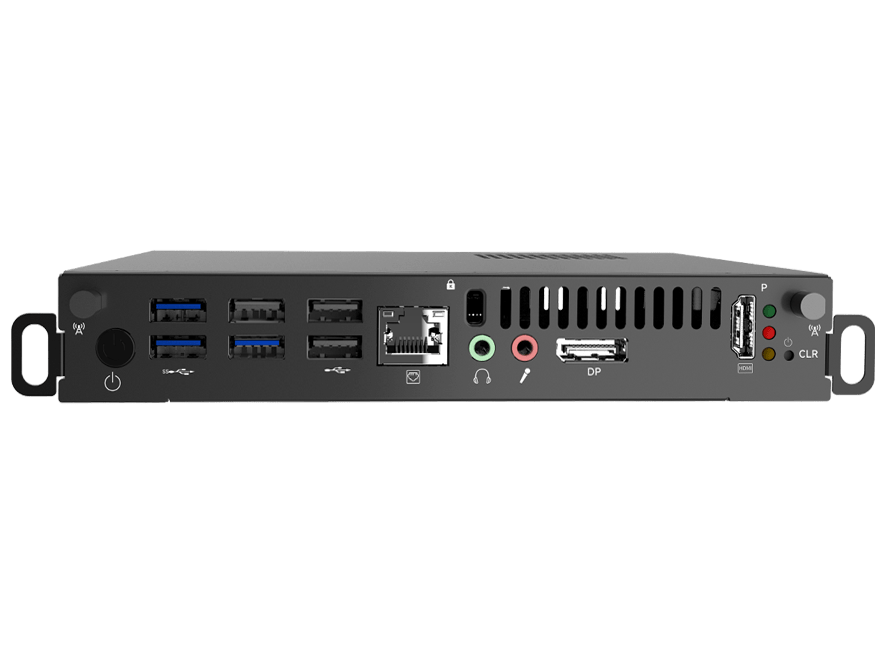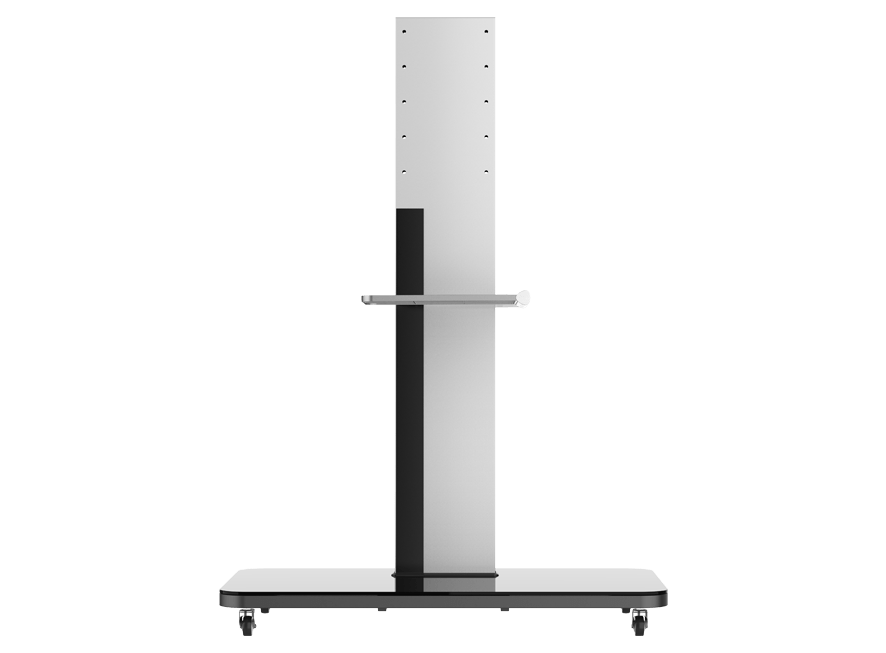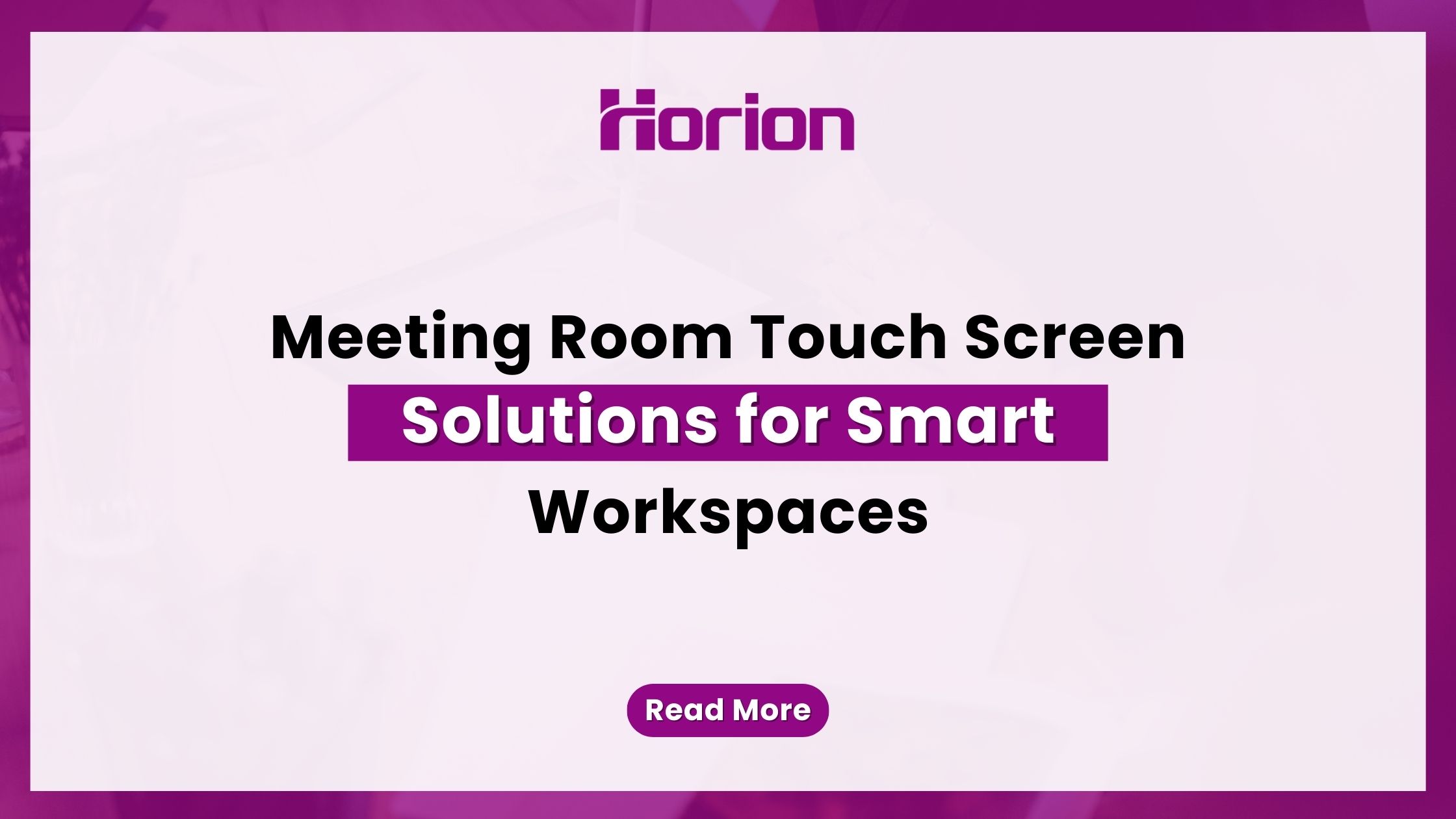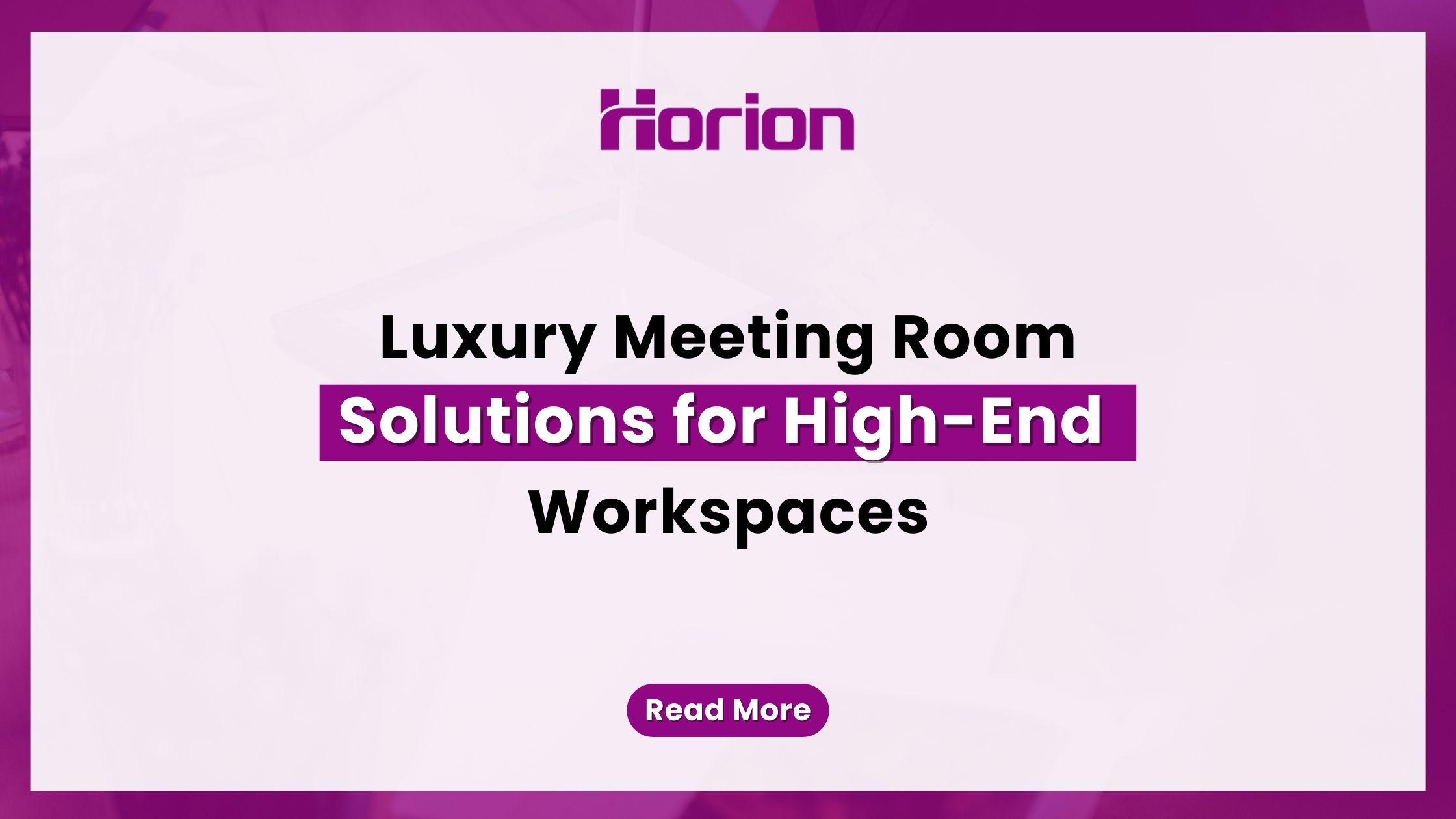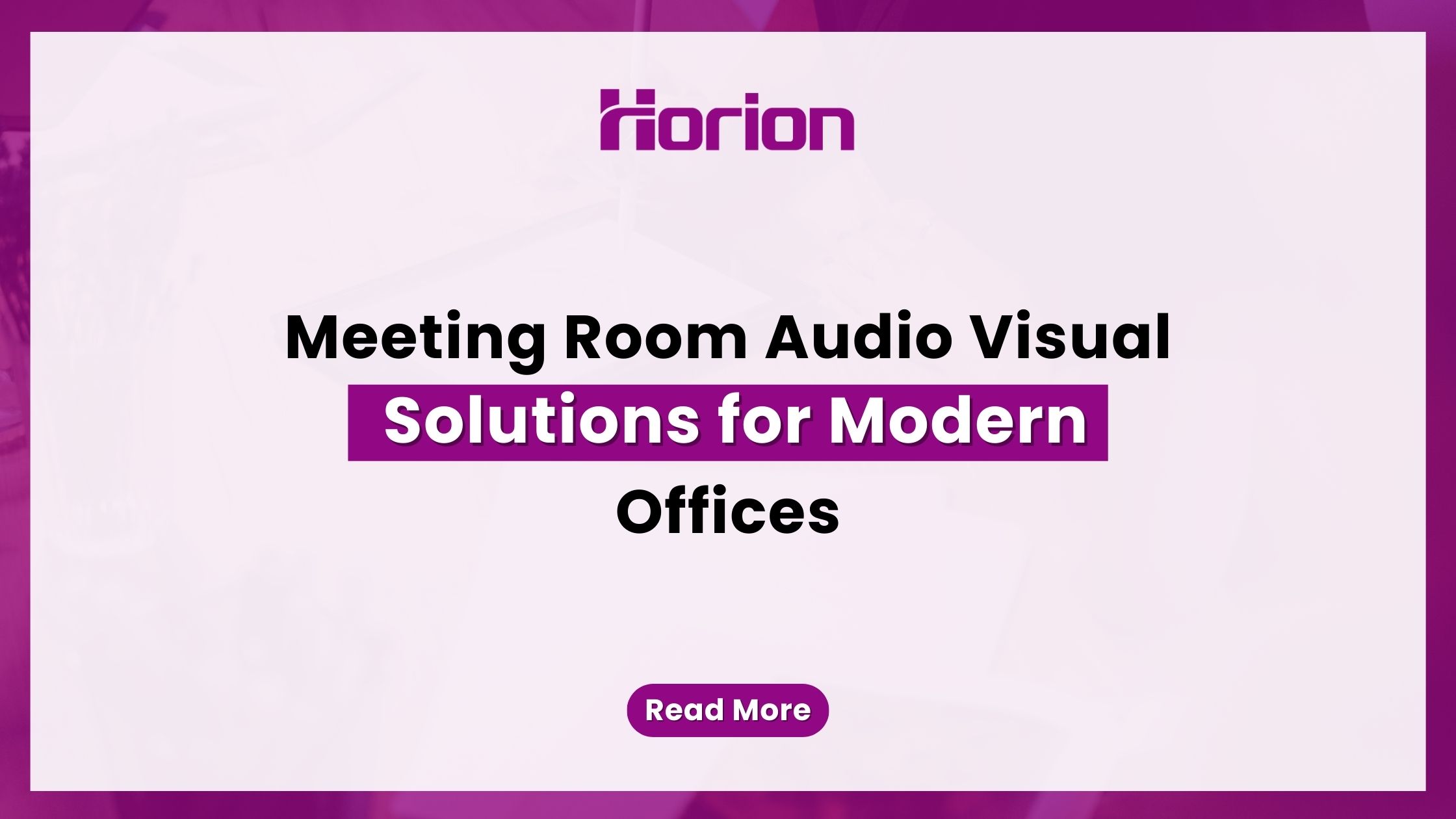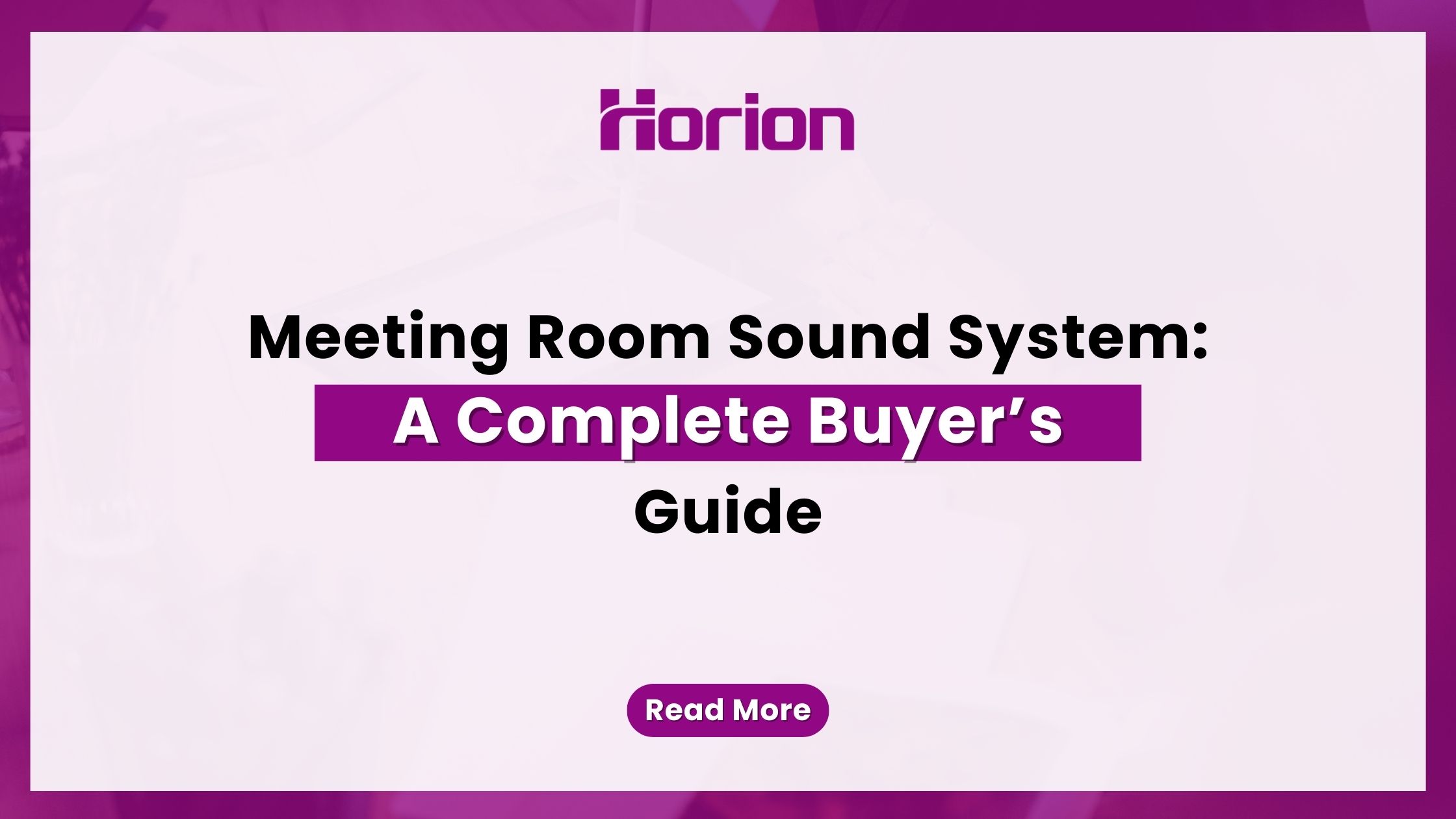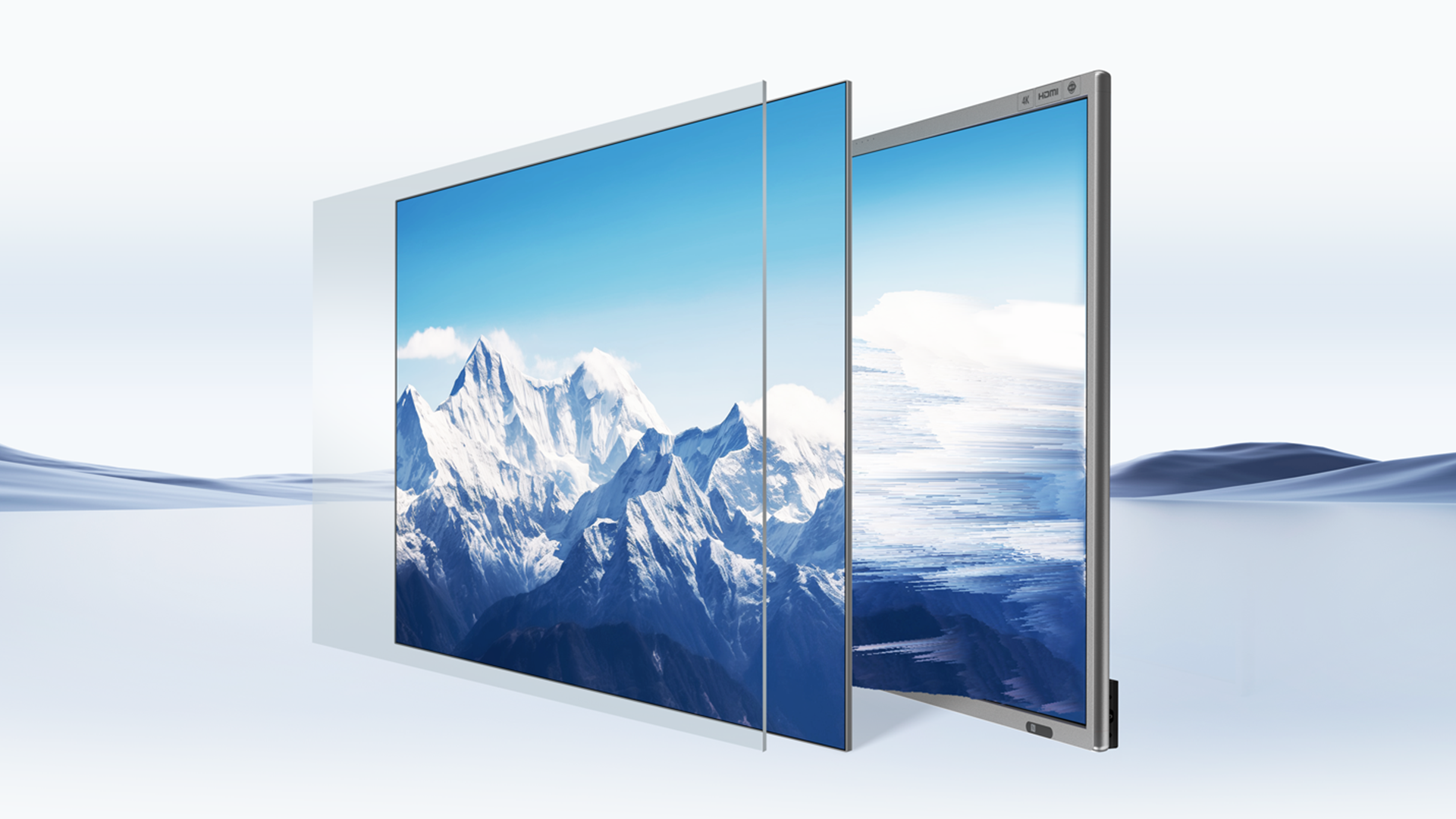
Business collaboration is evolving at a pace never seen before, and the UAE is emerging as a regional leader in adopting the latest workplace technologies.
With a growing emphasis on digital transformation, companies are investing in cutting-edge business collaboration tools that promote productivity, streamline communication, and reduce time-to-decision.
One of the most significant developments in this journey is the rapid shift from traditional displays to fully integrated, cloud-connected collaboration platforms.
Evolution of Workplace Collaboration
Not long ago, collaboration was mostly confined to physical meeting rooms with projectors, whiteboards, and video conferencing hardware. These tools, while functional, often failed to provide seamless interaction and real-time synchronization.
As business demands increased, the need for more intuitive and integrated systems led to the rise of business collaboration tools that work across multiple devices and locations.
Today, the UAE’s business landscape is embracing smart environments that include touch-enabled panels, video conferencing apps, cloud storage, and AI-enhanced productivity features—all connected through secure digital ecosystems.
Interactive Displays Are Leading the Way
One of the most impactful developments in recent years has been the widespread use of interactive displays in UAE businesses. These displays bring the touch-based functionality of a smartphone to the meeting room, allowing team members to annotate, brainstorm, and collaborate directly on the screen.
Whether used for internal discussions or client presentations, interactive displays improve engagement and streamline the exchange of ideas.
Their ease of use and ability to support multiple file types and platforms have made them a standard feature in executive boardrooms, co working spaces, and corporate training rooms across the UAE.
Smart Meeting Displays Are Replacing Traditional Setups
Another major shift is the adoption of smart meeting displays, which consolidate multiple technologies into a single platform. These systems combine digital whiteboards, video conferencing, screen sharing, and app integration.
Instead of juggling between devices and platforms, participants can now hold dynamic meetings through a unified interface.
For UAE-based organizations that work with remote teams or international clients, smart meeting displays reduce downtime, eliminate tech-related interruptions, and increase the efficiency of hybrid meetings.
At Horion, we’re people-focused. We believe that technology is most powerful when it connects us and channels our collective potential. We’re not just selling displays; we’re investing in your future. (CTA)
Cloud-Based Integration Takes Center Stage
While hardware plays a key role in enabling face-to-face and virtual interactions, the real innovation lies in cloud connectivity.
Cloud-based interactive panels allow users to store files, access meeting content, and continue collaborating from any location with an internet connection.
This not only enhances flexibility but also ensures business continuity in the face of disruptions.
For multinational companies operating in the UAE, cloud integration eliminates geographical barriers and empowers cross-border collaboration in real-time.
Customization and Scalability
A growing number of businesses are seeking business collaboration tools that can scale with their needs. Cloud platforms and interactive displays allow for customization at every level—from permissions and branding to integrated third-party apps.
Whether you’re a five-person startup or a large corporation, these tools can be adapted to support your workflows, communication preferences, and data access protocols.
This flexibility is particularly valuable in the UAE, where organizations range from local SMEs to international enterprises operating under different regulatory and cultural contexts.
Security and Compliance
With greater digitalization comes increased concern around cybersecurity. Cloud-based interactive panels offer enterprise-grade security features such as encrypted connections, password-protected sessions, and role-based access controls. Many providers also offer region-specific data centers to meet local compliance standards.
Businesses in the UAE, especially in sectors like finance, legal, and healthcare, are prioritizing security when choosing digital collaboration tools.
Choosing platforms that align with national and international data protection standards is now essential.
The Role of AI and Automation
Artificial Intelligence is beginning to influence collaboration platforms in meaningful ways. Smart displays now feature voice recognition, gesture-based controls, meeting summarization, real-time language translation, and scheduling assistance.
These enhancements are designed to reduce manual effort and allow participants to focus on the content rather than the logistics of the meeting.
As AI becomes more accessible and accurate, its role in interactive displays in UAE workspaces is expected to grow, adding even more value to business operations.
Supporting Remote and Hybrid Work
The COVID-19 pandemic has forever changed how businesses approach remote work. The demand for tools that support hybrid workforces has exploded, and smart meeting displays are at the heart of this transition.
They bridge the gap between on-site employees and remote workers, creating a consistent meeting experience for all participants.
In a diverse economy like the UAE, where remote work is common across industries, supporting distributed teams has become a top priority. Businesses that fail to adapt to hybrid work trends risk falling behind more agile competitors.
Cost-Efficiency and ROI
Many companies assume that adopting advanced collaboration tools is costly, but in reality, these technologies are designed for long-term efficiency.
By replacing outdated hardware, reducing travel expenses, and cutting down on meeting times, these systems offer a strong return on investment.
Additionally, the shift to digital also reduces reliance on paper-based systems, contributing to sustainability goals and cost reduction.
In the UAE, where operational efficiency is a key factor in scaling businesses, these savings can have a significant impact.

FAQs
What are business collaboration tools?
They are software or hardware systems that help teams communicate, share information, and work together efficiently, whether they are in the same office or working remotely.
Why are interactive displays popular in UAE offices?
Interactive displays in UAE are favored for their touchscreen capabilities, allowing users to collaborate more effectively during meetings and presentations.
How do smart meeting displays enhance productivity?
Smart meeting displays integrate video conferencing, whiteboarding, and screen sharing into a single platform, reducing the need for multiple devices and improving meeting flow.
What is a cloud-based interactive panel?
A cloud-based interactive panel is a digital display connected to the cloud, allowing users to access, save, and collaborate on content from anywhere.
Are cloud-based panels secure for business use?
Yes, most systems include encryption, user authentication, and data protection features designed for enterprise security standards.
Can SMEs in the UAE use collaboration tools affordably?
Absolutely. Many tools are scalable and offer pricing models that suit small and medium businesses.
Do collaboration tools support hybrid work environments?
Yes, they’re designed for flexibility, supporting in-office and remote participants equally during meetings and projects.
What industries benefit most from smart displays?
Industries like finance, healthcare, education, consulting, and technology benefit from efficient collaboration and real-time decision-making.
How do these tools integrate with existing systems?
Most collaboration platforms offer compatibility with commonly used applications such as Microsoft 365, Zoom, Google Workspace, and more.
Is it worth upgrading from traditional displays to smart systems?
Yes. The upgrade improves engagement, efficiency, and flexibility while reducing long-term operational costs.
Conclusion
The future of workplace collaboration is not about choosing between in-person or virtual communication—it’s about combining both to create inclusive, efficient, and engaging environments.
From interactive displays that support dynamic presentations to cloud-based interactive panels that allow global teamwork in real time, UAE businesses are embracing integrated ecosystems.
As technology continues to evolve, the focus will remain on user-centric design, real-time data access, and secure cloud integration. Companies that prioritize collaboration today are better positioned to lead tomorrow.

